Perhaps the single most important counsel I give to clients wanting to open a restaurant is to know their values: to be absolutely clear on why they are entering this industry, what they hope to give, and what they hope to gain.
If you can list your values in order of their importance to you (for they will occasionally clash), it will serve as an indispensable guide during tough times. And these are tough times indeed.
So what are the core values of your business? Could you name 5 right now? Could your staff?
Knowing and believing in the core values of your business not only makes the big decisions easier – it gives your operation an identity. When you and your staff know exactly what you stand for and what you’re all about: so will your customers.
If friendliness is a core value, you and your managers will know only to employ people who exude that quality; rather than unthinkingly employing a grumpy person who happens to have great experience.
If affordability is a core value that all of your staff are aware of, then your team won’t make the mistake of irritating your customers by suddenly putting an expensive dish on the menu.
‘Being covid safe’ isn’t a value. It’s simply how we all must operate for the time being. It’s not a point of differentiation and won’t - on its own - have customers coming back for more.
When we all get a chance to breath (if that ever happens) after the rush to reopen, it’s a good idea to revisit what you stand for, and why your customers are your customers.
If you’re not currently clear on your core values, the tips below will help you to put it all together.
1) Why hospitality?
Ask yourself why you got into restaurants or catering in the first place. There are easier industries in which to make money – so why hospitality?
Do you like to impress others? Or did you wish to bring a taste of your homeland to another country? Maybe you like to look after people and see them happy? Or perhaps you felt your cooking talent was so great that you simply had to share it with the world?
Remembering why you started in this industry will help to lead you to your deepest values.
2) How do others see you?
Ask yourself - how do others see my business? Think of a person you respect and admire and imagine how you would like them to sum up their experience of your establishment. Or imagine a short headline about you in a newspaper – what would it say?
Keep it short, and keep it about values. “Loved the scallops” is no use in this exercise! But ‘the warmest welcome in London’ is telling you something.
If you can think of the most perfect complement another person could give your business – you’ll have a good idea of what’s most important to you.
3) Put them in order.
Once you’ve got a list of a few values, you may notice that they don’t all sit very comfortably together.
Lets say you have sustainability and quality. Both are achievable but at some point one may have to take precedence over the other. If a sustainable ingredient is of a far lower quality than its alternative, you will have to make a call on which of your values comes first.
So put your values in order of importance. It helps to define your identity and will guide you to the right decisions for your business.
____
When you and your team know your core values, it gives you the stability and consistency that saves you from changing course every time a new challenge, trend, bad review…or global pandemic comes your way.
If you need help facing your current challenges or getting your business back to what you always wanted it to be, please get in touch. I’d be happy to have a chat with no charge or obligation.

